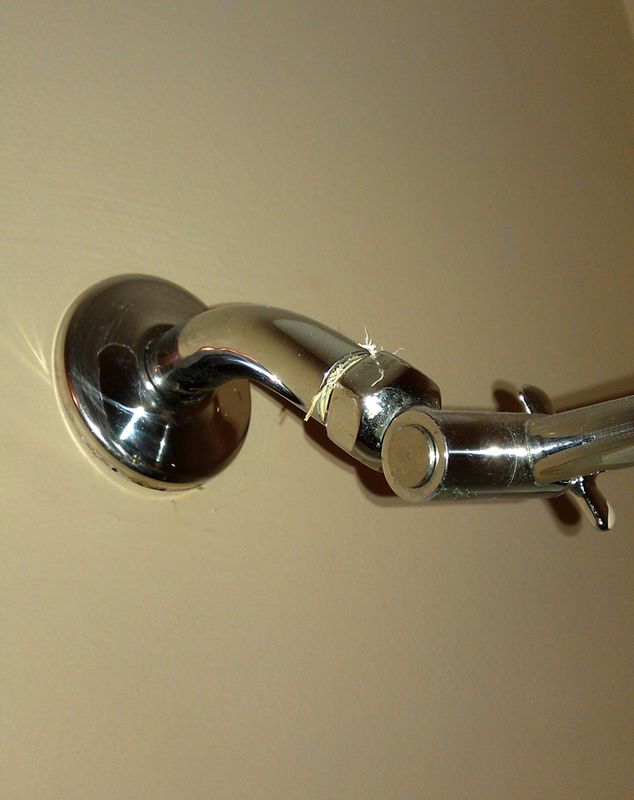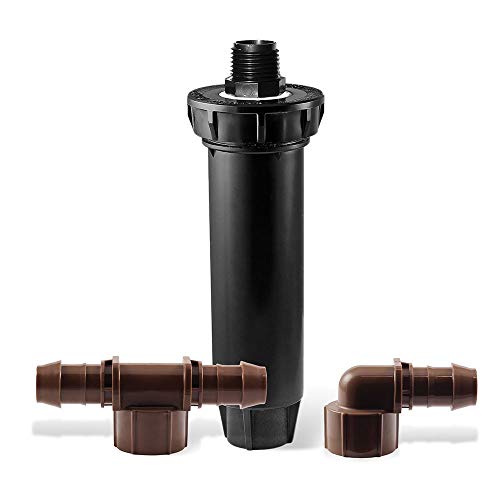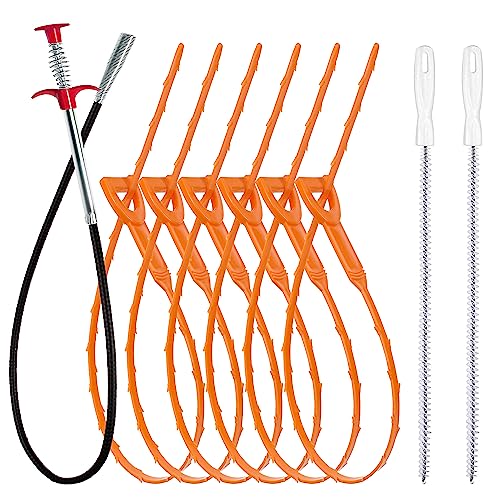That is true but for extra couple cents it costs, and the amount of time it could save you it's well worth it in most cases. If your just doing small jobs its ok to do just tape or just dope, but if you're doing commercial you really don't want to have to strip back your heating lines 80 ft because you didn't feel you need to tape and dope that sucks and you waste a ton of time stripping back. To me yes you may say its over kill but I look at as extra insurance. But each to their own. I mean theoretically yes you should only need one or the other if everything is tightened properly but in actuality it's not always the case. Just my two cents
You are using an out of date browser. It may not display this or other websites correctly.
You should upgrade or use an alternative browser.
You should upgrade or use an alternative browser.
How do you guys seal your threads?
- Thread starter Chris
- Start date

Help Support Plumbing Forums:
This site may earn a commission from merchant affiliate
links, including eBay, Amazon, and others.
Steve makes a good point. It's much easier to prevent the leak then it is to fix it.
John
John
I have seen some experienced plumbers swear by dope only, but my decision was made for me early in my career. My foreman at the time (wasn't even a journeyman, but that is another story) installed a couple of water heaters in a clubhouse. He was a proponent of dope only.
He was moved on to another project, while I caught up loose ends. A month later, I had to go pull all of the galvanized piping apart because it was leaking. So I have been biased ever since towards using both.
He was moved on to another project, while I caught up loose ends. A month later, I had to go pull all of the galvanized piping apart because it was leaking. So I have been biased ever since towards using both.
Yeah ever since I've started plumbing, every journeyman I've worked with has used tape and dope unless it was low pressure gas.
The disagreement was that it's the tapered threads that seal the joint not the joint compound. If the joint compound did all the sealing there would be no need for tapered threads. If they were running threads no joint compound could make the joint water or gas tight.
John
The `Disagreement` was whether on Tapered Threads - Jointing Compound / Tape / Joint Reinforcement - is REQUIRED in order to complete the `Jointing Process` correctly [Individually / Combined depending upon the Size of the Pipe and Fittings / Pressure of what is being carried].
And although obviously NO Professional would try to install a `parallel thread` with Jointing Compound / Teflon Tape etc. - it would actually be VERY EASY to make a Water / Gas Tight Joint with for example Jointing Compound and Hemp - just for Experimental / Training purposes.
We would show this to Apprentices to ensure that they did NOT confuse for example a `Male Iron to Copper Coupling` with a Tank Connector without the Backnut - and then try to use it as a `Male Iron to Copper Coupling`.
N.B: Hemp is NOT recommended for Gas Joints - Just before someone `misunderstands` what I wrote and starts another `Argument`.
Chris
Last edited:
I heard some people smoke that hemp stuff as well! 

$26.45
$32.15
RIDGID 57003 EZ Change Plumbing Wrench Faucet Installation and Removal Tool
Amazon.com
That is true but for extra couple cents it costs, and the amount of time it could save you it's well worth it in most cases. If your just doing small jobs its ok to do just tape or just dope, but if you're doing commercial you really don't want to have to strip back your heating lines 80 ft because you didn't feel you need to tape and dope that sucks and you waste a ton of time stripping back. To me yes you may say its over kill but I look at as extra insurance. But each to their own. I mean theoretically yes you should only need one or the other if everything is tightened properly but in actuality it's not always the case. Just my two cents
Very good point!
timplemons
Member
as a 33 year machinist, its nearly impossible to make 2 threads the same to mate perfectly together especially in a mass production, (tool wear) changes tolerances per part, maybe this helps :lol
I use only pipe dope for everything. I hardly ever use tape. A big pet peeve of mine is seeing Teflon tape on shower heads. It's there forever and looks like crap.
What are you talking about?

ACK! Stop it!
^ hahahahah poor rob although I admit if you make it look pretty its much nicer

































![MEISTERFAKTUR drain snake 2.0 [50 FT] - with drill attachment - Ideal plumbing snake for sink and drain unblocking - Solid drain auger for real DYIs! (50 FT - 1/4 inch)](https://m.media-amazon.com/images/I/41VwmTiOsgL._SL500_.jpg)










